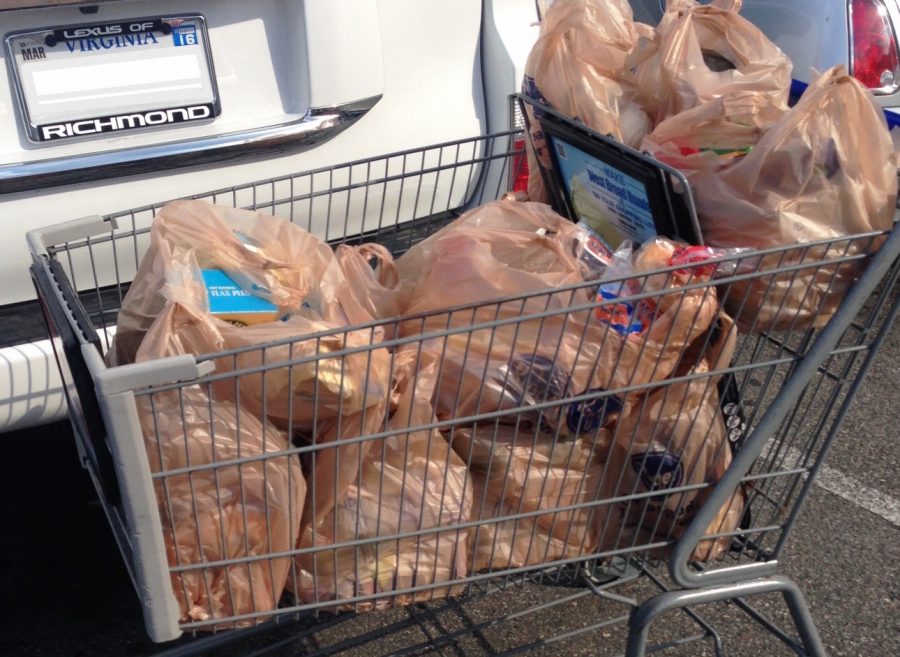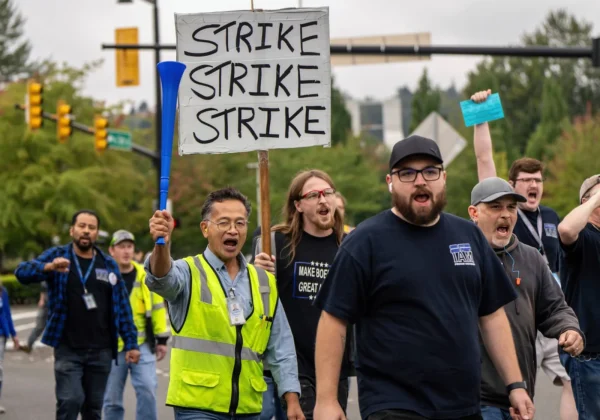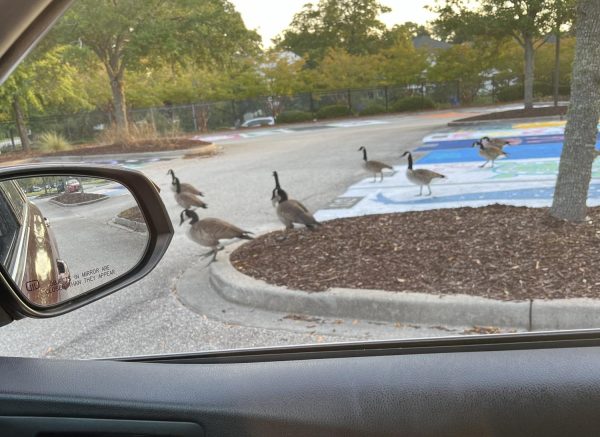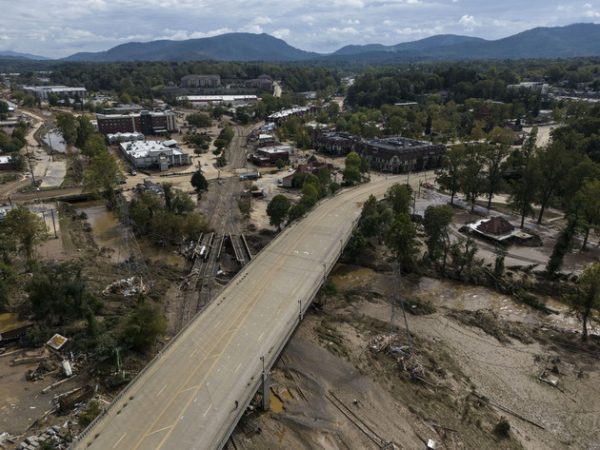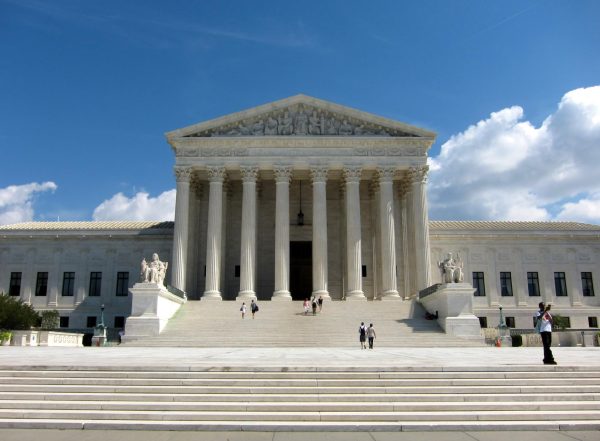Plastic Bags: The End of an Era
Charleston’s plastic ban is beginning to go into effect
“Paper or plastic?”: A question you may no longer hear at the check-out line next time you visit a local grocery store. This time, you won’t have to answer the question because plastic bags will have disappeared.
In the fall of last year, Charleston County decided to take a big step in reducing pollution by banning certain plastic products such as foam containers and single use bags. This decision will fully go into effect by the end of this year or possibly the beginning of next year if it is pushed back. Notorious items such as styrofoam, which takes hundreds of years to decompose, won’t be missed too terribly by the public, but single use bags may stir a few more hearts.
Several Harris Teeter’s in the Charleston area have started early in the plastic ban, including the one where my family shops. It was definitely different coming home with paper bags full of groceries rather than plastic ones, but the change won’t affect my family too much. I couldn’t help but think about the smaller effects it could have on some of our daily activities though, and I’m sure other families may have the same problems as well.
When plastic bags seemed like they were never going to disappear, enthusiastic environmentalists suggested several ways to reuse the bags that many people have picked up in their own lives. The most obvious use is for picking up dog waste, and I know that my family frequently uses plastic bags for that reason, along with many other dog-walkers I see on the street. Plastic bags are also used for quick packaging of food when you don’t feel like using a Tupperware container or they could be used to line trash cans. My brother even uses them as a lunch box that he takes to school.
Unfortunately, not everyone is aware of the plastic ban so far. After asking students about their thoughts on the ban, some did not even know of its existence. “I haven’t thought about it,” says Victoria Waterfield after being asked of her opinion on the ban. Some students believe that the ban will benefit our coastal environments, and Aly Nida says that, “If it’s good for the fish, it’s good for me.”
Small uses of these bags may be hard to let go of initially (especially the dog waste one) because humans love to find ways to make life more efficient and easier. Luckily, this ban may cause us to find more environmentally friendly ways to solve these problems that could even end up being more practical. Additionally, the plastic ban itself will help the environment one step at a time by hopefully reducing the amount of waste in the ocean and on the streets.



